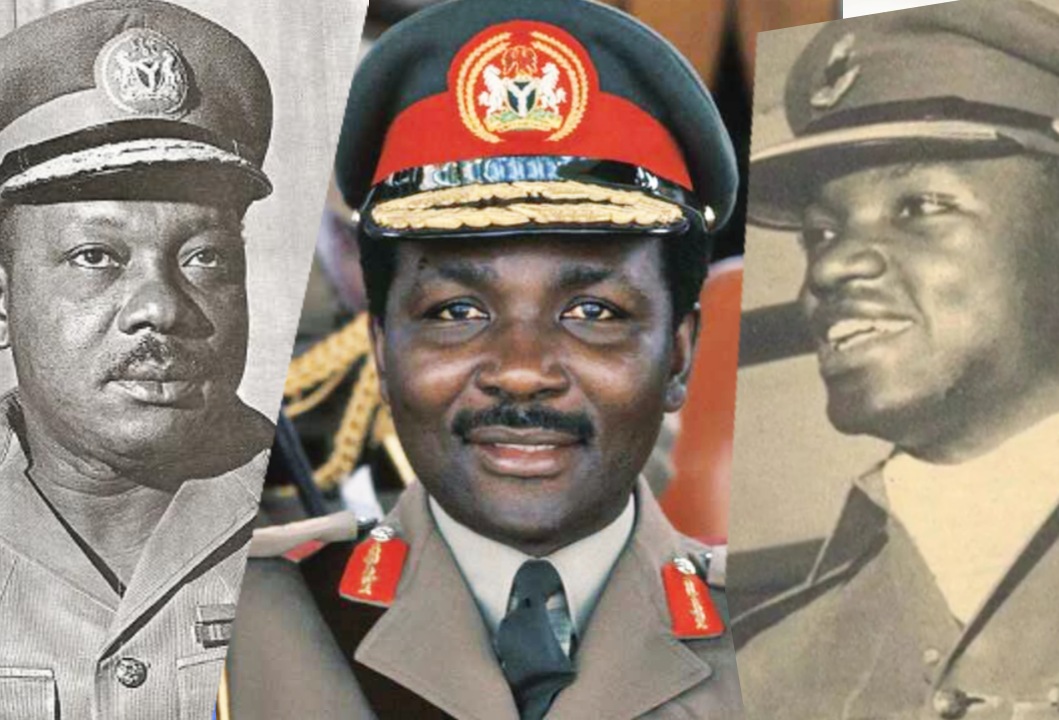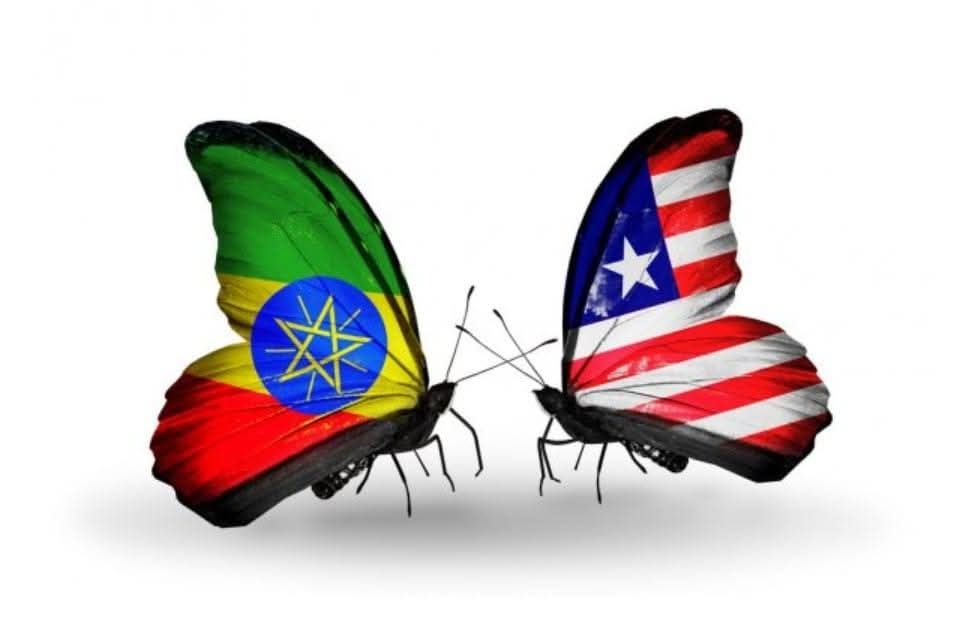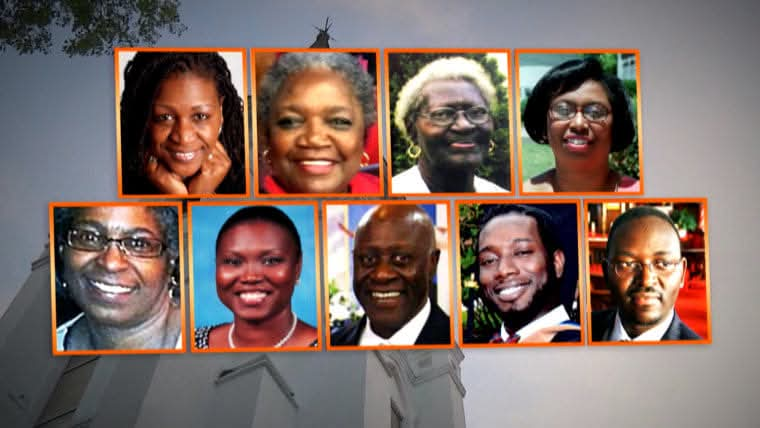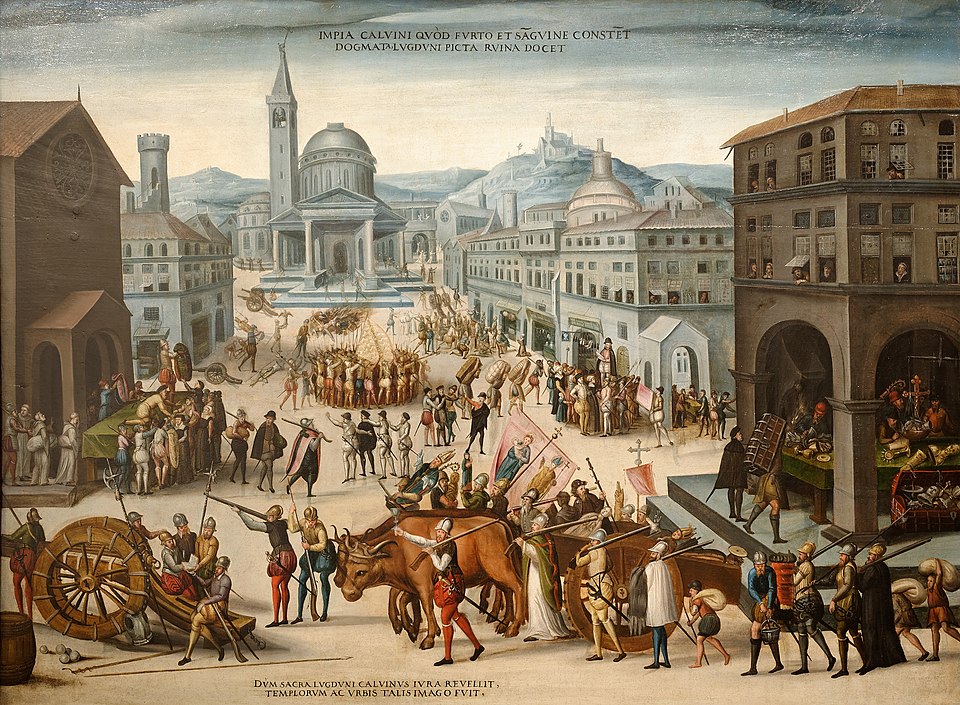The 1966 Coup D'etat, Bloodiest in Africa

Did you know that the July 29, 1966 counter-coup d'etat in Nigeria is adjudged to be the bloodiest modern military coup on the African continent?
A first coup d'état began in Nigeria on 15 January 1966, when mutinous soldiers led by Chukwuma Kaduna Nzeogwu and Emmanuel Ifeajuna killed 22 people including the prime minister of Nigeria, many senior politicians, many senior Army officers and their wives, and sentinels on protective duty. The coup plotters attacked the cities of Kaduna, Ibadan, and Lagos while also blockading the Niger and Benue River within a two-day timespan before being subdued.
A comprehensive list of casualties from the coup include nine civilians, 13 security officials, altogether making it 22 persons that were killed. Among the civilians were Prime Minister Abubakar Tafawa Balewa, Premier Ahmadu Bello, Premier Samuel Ladoke Akintola, Finance Minister Festus Okotie-Eboh, Ahmed Ben Musa (Bello's Senior Assistant Secretary for Security), Hafsatu Bello, Mrs. Latifat Ademulegun, Zarumi Sardauna, and Ahmed Pategi (Bello's driver).
Military and police officials killed are: Brig. Samuel Ademulegun, Brig. Zakariya Maimalari, Col. Ralph Shodeinde, Col. Kur Mohammed, Lt. Col. Abogo Largema, Lt. Col. James Pam, Lt. Col. Arthur Unegbe, Sergeant Daramola Oyegoke (assisted Nzeogwu in the attack on the Sardauna's lodge and according to the police report was murdered by Nzeogwu), PC Yohana Garkawa, Lance Corporal Musa Nimzo, PC Akpan Anduka, PC Hagai Lai, and Philip Lewanden.
The January 15, 1966 coup in Nigeria was planned in August 1965 by a group of Army majors consisting of Emmanuel Ifeajuna, Timothy Onwuatuegwu, Chris Anuforo, Don Okafor, Humphrey Chukwuka, and Adewale Ademoyega. They began plotting a coup d'état against incumbent Prime Minister Abubakar Balewa. The coup was planned because, according to the majors, the men at the helm of affairs were running Nigeria aground with their corrupt ways. Ministers under them were living flamboyant lifestyles and looting public funds at the expense of ordinary citizens.
Regarding the casualties, the coup conspirators claimed their purge post-coup targeted members or supporters of the anterior regime and had been targeted for purely political reasons instead of being a racial purge focused on certain ethnic groups or clans. Furthermore, they also claimed the list of people targeted was small and composed of only 8 people, half of them foreigners who were to be arrested not killed, and that the casualties had occurred as collateral damage of the coup.
These claims were clarified by a member of the trio that formed the coup, Adewale Ademoyega, who published them in Nigeria in 1981 in a book titled "Why We Struck" outlining their reasons and motivations in which he mentioned: "There was no decision at our meeting to single out any ethnic group for elimination. Our intentions were honourable, our views were national and our goals were idealistic. Even those earmarked for arrest, four were northerners, two were Westerners and two were Easterners."
The president of Nigeria at that time, Nnamdi Azikiwe, left the country in late 1965, first for Europe, then on a cruise to the Caribbean. Under the law, the Senate president, Nwafor Orizu, became acting president during his absence and assumed all the powers of the office. In the morning of 15 January 1966, at a meeting with some local journalists in Kaduna seeking to find out what was going on, it was brought to Major Nzeogwu's attention that the only information about the events then was what was being broadcast by the BBC. Nzeogwu was surprised because he had expected a radio broadcast of the rebels from Lagos. He is said to have "gone wild" when he learnt that Emmanuel Ifeajuna in Lagos had not made any plans whatsoever to neutralize Johnson Aguiyi-Ironsi who was the Commander of the Army. Therefore, Nzeogwu hurriedly drafted a speech which was broadcast on Radio Kaduna sometime around 12 a.m. and in which he declared martial law over the Northern Provinces of Nigeria.
Acting President Nwafor Orizu made a nationwide broadcast, after he had briefed President Azikiwe on the phone about the decision of the cabinet, announcing the cabinet's "voluntary" decision to transfer power to the armed forces. Major General Johnson Aguiyi-Ironsi then made his own broadcast, accepting the "invitation". On 17 January, Major General Ironsi established the Supreme Military Council in Lagos and effectively suspended the constitution. Johnson Aguiyi-Ironsi, was compelled to take control of the government of a country in upheaval, inadvertently putting Nigeria's nascent democracy on hold. However, his ascendancy to power was deemed a conspiracy by the coup plotters, who were mainly Igbo officers, to pave the way for General Aguiyi-Ironsi to be head of state of Nigeria.
Consequently, the retaliatory events by Northern members of the Nigerian Army led to the 1966 counter-coup, also known as the "July Rematch", the second of many military coups in Nigeria. It was masterminded by Lt. Colonel Murtala Muhammed and many northern military officers. The coup began as a mutiny at roughly midnight on 28 July 1966 in reaction to the killings of Northern politicians and Officers by some soldiers on 15 January 1966. The July mutiny/counter coup resulted in the murder of Nigeria's first military Head of State General Johnson Aguiyi-Ironsi and Lt Colonel Adekunle Fajuyi (who was hosting a visiting Aguiyi-Ironsi) in Ibadan by disgruntled northern non-commissioned officers (NCOs).
According to Chuks Iloegbunam in an article published on Vanguard on July 29, 2016, he said: "Africa’s bloodiest coup did not stop at that stage, despite the shooting deaths of 42 officers and over 130 other ranks, who were overwhelmingly Igbo. The killing sprees and ever-expanding killing fields spread like wild fire across most of the country. There were three phases to the coup – the Araba/Aware massacres in northern Nigeria pre-July that called for northern secession, the July Army bloodbath, and the ethnic cleansing that went on for months after Ironsi had been assassinated and his regime toppled. The maelstrom prompted Colonel Gowon into making a radio broadcast on September 29, 1966.
"Well, the truth is that the July 29 counter-coup appears to be the bloodiest in the world’s recorded history because the casualty figures it posted far outstrip those registered in decided bloody coups like the Glorious Revolution of 1688 in which King James II of England was overthrown by an invading army led by William III of Orange-Nassau; the 18 Brumaire of 1799 coup in which General Napoleon Bonaparte overthrew the French Directory on November 9, 1799; the Wuchang Uprising of 1911 that overthrew the Qing Dynasty and led to the establishment of the Republic of China; the Bolsheviks October Revolution of 1917 that led to the creation of the Soviet Union; and the Iraqi coup d’état of 1936, the first among Arab countries. Each of these coups/revolutions led to war, but none of them managed anything near the sea of blood occasioned by July 29, 1966."
Upon the termination of Ironsi's government, Lt. Colonel Yakubu Gowon was appointed Head of State by the July 1966 coup conspirators. By this time more than 300 casaulties were recorded. This retaliation of Northern members of the Nigerian Army that led to deaths of many innocent Igbo soldiers and civilians led to the Nigerian Civil War.
Source: Wikipedia
#penglobalhistory



